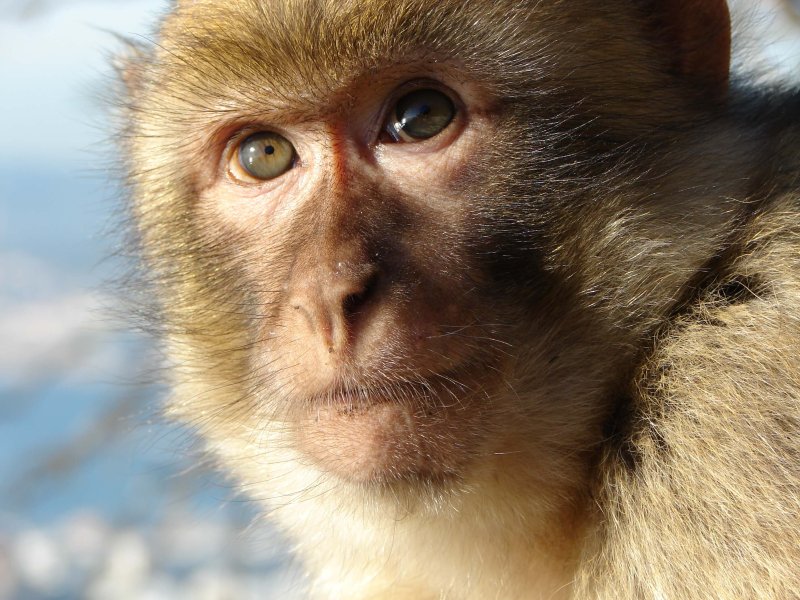The GLP aggregated and excerpted this blog/article to reflect the diversity of news, opinion and analysis.
Scientists have genetically engineered monkeys so that they exhibit behaviors similar to autism, with a goal of testing potential therapies on the animals in hopes that their resemblance to humans will yield more answers about the disorder.
The scientists found that the monkeys showed “very similar behaviors related to human autism patients, including repetitive behaviors, increased anxiety and, most importantly, defects in social interactions,” said Zilong Qiu, a leader of the research at the Institute of Neuroscience at the Chinese Academy of Sciences in Shanghai. The team is now imaging the brains of the monkeys, he said, “trying to identify the deficiency in the brain circuits that is responsible for the autism-like behavior.”
The research, published in the journal Nature, appears to be the furthest along of several research efforts involving monkeys, usually marmosets or macaques, engineered with genes linked to autism.
The monkeys in the newly published research did not exhibit every aspect of autism or even every aspect of the genetic autism-like disorder the scientists were seeking to mirror. That disorder, MECP2 duplication syndrome, occurs when people, especially boys, inherit two copies of the MECP2 gene.
The scientists used an inactive virus to inject the human MECP2 gene into eggs of female monkeys and then artificially inseminated the eggs and implanted the embryos into surrogate monkeys. They ended up with eight carrying the gene in the cortex and cerebellum of their brains.
Read full, original post: Monkeys Built to Mimic Autism-Like Behaviors May Help Humans































